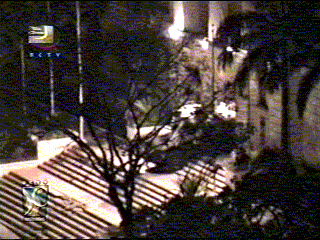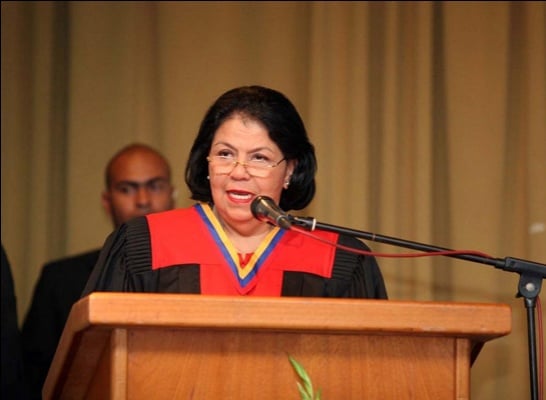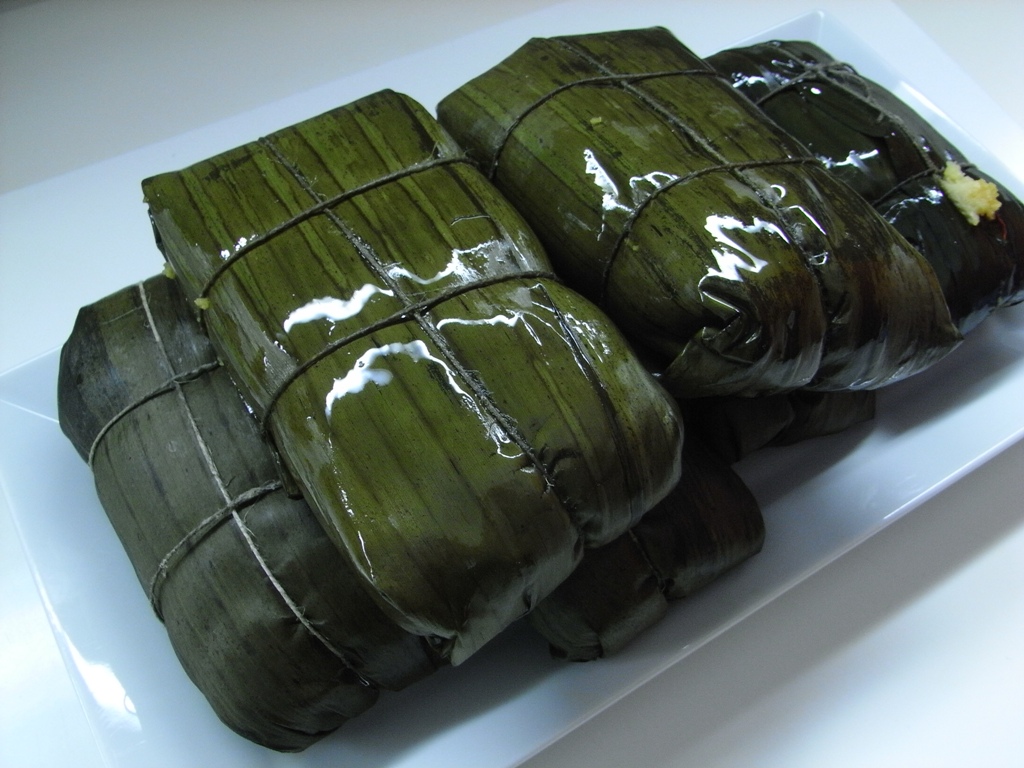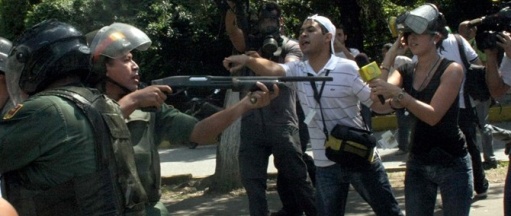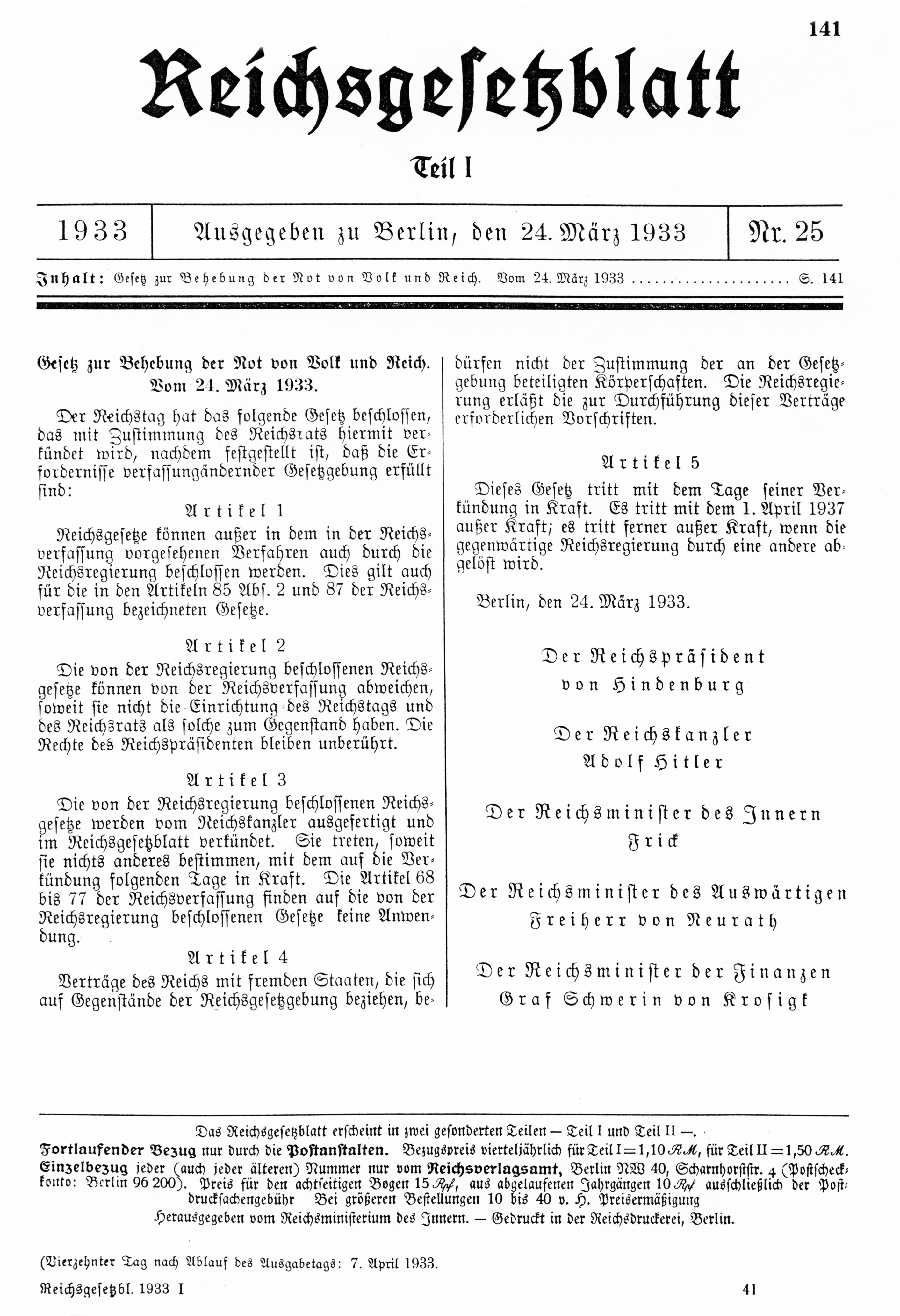
The first chart shows growth rate for Venezuela's oil and for Venezuela's economy since 1996. I did a little trick: I placed oil growth rate of year X in the column for year X + 1., where the GDP growth for year X is. The reason is that petrodollars take some time to have their effect - all things being equal. In reality, petrodollars don't take a full year to start "doing magic". Their effect depends on several factors, from contract details to a million other things.
You also have to consider oil price increases do not have the same impact when you have just enough oil to pay state employees or when you have enough oil to pay those and more state employees and Cuban dictators and Russian or Spanish weapons dealers.
Now: that chart 1 is about rates. In 1998, when Chávez was elected, the country was suffering from a meaningful drop in oil prices for 2007. Worse still: the actual oil prices had been at record low levels for quite some years already. In chart 2 (which I have used in earlier posts) you can see actual OPEC price evolution since 1996. Oil prices started to climb in 1998 big time and this should have lead to a boom already in 1999, but that was not to happen because the military were just "getting to know how things work". In 2003 there was the big oil strike and Chávez sacked 20 000 PDVSA employees. All in all, after that GPD has grown at a rate that is a bit under oil price rise.
The problem with Venezuela under the pseudo-revolution is that its oil addiction has become so rabid that growth started to shrink actually in 2009 due to the exceptional oil price drop at the end of 2008 and even if oil prices for the whole of 2008 were still higher than expected. This year we still were in red numbers even when the rest of Latin America was doing very well.
The Chávez government predicts growth for next year. Concecomercio, a chamber for independent and small companies, predicts recession will continue. I am no economist, but my bet is Venezuela will have pro forma a very small positive growth. Oil prices for 2010 were about 26% higher than in 2009. In view of such hikes Venezuela should actually have a very strong boom next year. That won't be the case. Why? Because of corruption, because of sheer incompetence, because of waste. The government will have a lot of extra cash, as it has devalued the currency once more -by eliminating one of the two exchange rates-. Those Bolívares the government will get from the devaluation and will use for some projects won't lead to more than a small growth if anything. Even so, I am sure Chávez apologists abroad and the propaganda machine in Venezuela will announce any growth as a triumph for the pseudo-revolution over capitalism. Never mind most other Latin American countries will keep growing faster and beyond population growth and a couple of them will even be moving towards sustainable development.
Venezuela? It is absolutely addict to ever higher doses of petrodollars. The tragedy is that no one has the cojones to tell Venezuelans the truth.









